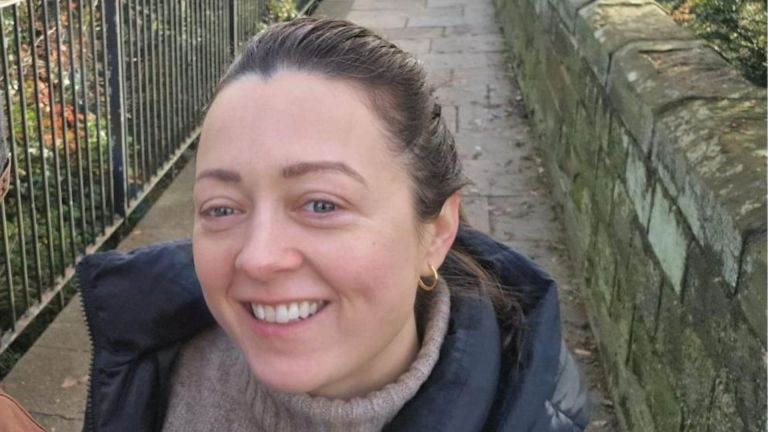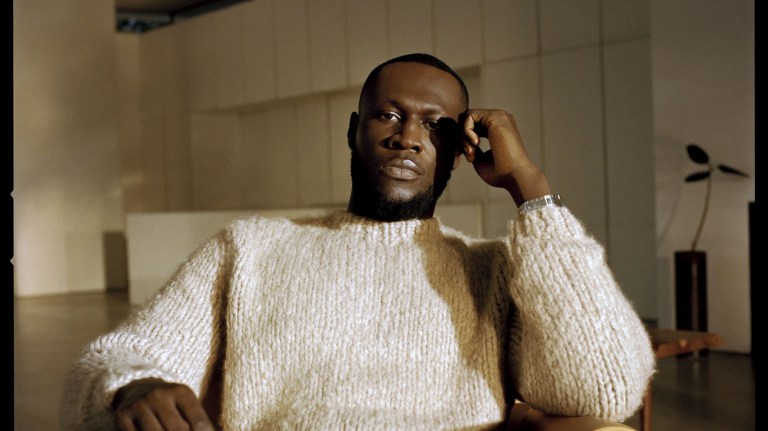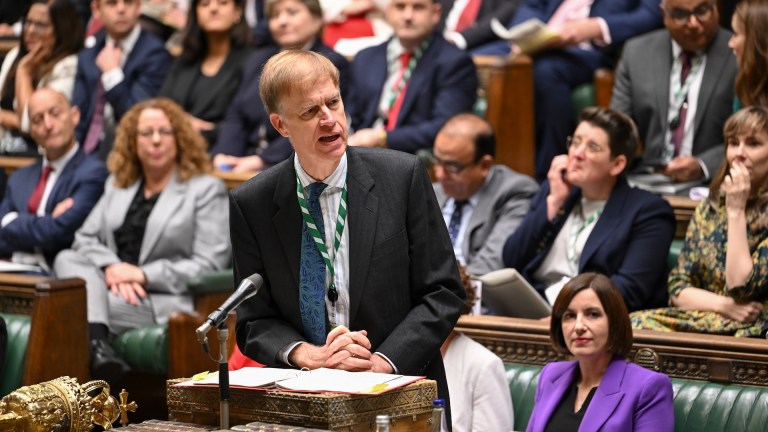The Sun also covered the story but took a different approach. It opted for: “CLICKBAIT One in three young Brits unable to sleep because they are ‘addicted to their smartphones’”.
The i didn’t go quite as far as that. Its headline read: “Smartphone addiction: more than 1 in 3 young adults report ‘problem use’”.
There was also coverage abroad. CNN’s take was a more hopeful one. Its story read: “Smartphone addiction ruins sleep, study says, but you can fight back”.
But is it true that this many people are addicted to smartphones? And is it really having that much effect on sleep?
Facts. Checked
This study cannot show people are addicted to smartphones and has limited use to the general public.
In fact, it is virtually impossible to prove that someone is addicted to using a smartphone – there is no accepted definition of what constitutes smartphone addiction among the scientific community at this time.
Advertising helps fund Big Issue’s mission to end poverty
Researchers do try to create a definition in this study. The KCL researchers asked 1,000 students at the university to fill out questionnaires in January and February 2019. One was the 10-question Smartphone Addiction Scale and the other was adapted from the Pittsburgh Sleep Quality Index, while participants were also asked to assess effectiveness of smartphone usage reduction strategies.
Using a scale from one (strongly disagree) to six (strongly agree) over the 10 questions in the smartphone addiction questionnaire, each participant is given an overall result out of 60 with higher scores showing a likelihood of ‘smartphone addiction’. On the sleep scale, participants were then asked to subjectively rate their sleep quality on an average weeknight as well as the number of hours they slept for.
Researchers then compared all the data and found “those exhibiting smartphone addiction experienced poorer sleep”.
This is an imperfect process and authors of the study acknowledge several limitations, urging caution as “the sampled population is not representative of the UK-wide population of young adults” and the pandemic “may have led to a shift in smartphone usage patterns”.
As the study is not representative of young adults, that calls into question the i’s and The Sun’s headlines and their references to young people in the general population outside university.
https://twitter.com/PeteEtchells/status/1366691691076476931
Advertising helps fund Big Issue’s mission to end poverty
But the study also cannot show causality as it is cross-sectional. As the findings show two points of data at the same time, it cannot show that one causes the other, according to Pete Etchells, Bath Spa University professor of psychology and science communication, who responded to the study on Twitter.
He was not the only academic to speak out against the findings – Bob Patton, a lecturer in clinical psychology at the University of Surrey, and the University of Oxford’s Andrew Przybylski did too and while three media outlets included this wider discussion, The Guardian’s coverage remained one-sided. Przybylski was particularly damning, warning readers to be “cautious of making any firm conclusions” from the research.
The wider discussion is important here. This study could never hope to definitively deliver on the findings mentioned in the headlines. The impact of smartphone use is still being understood but this study doesn’t take us any closer to the truth.









